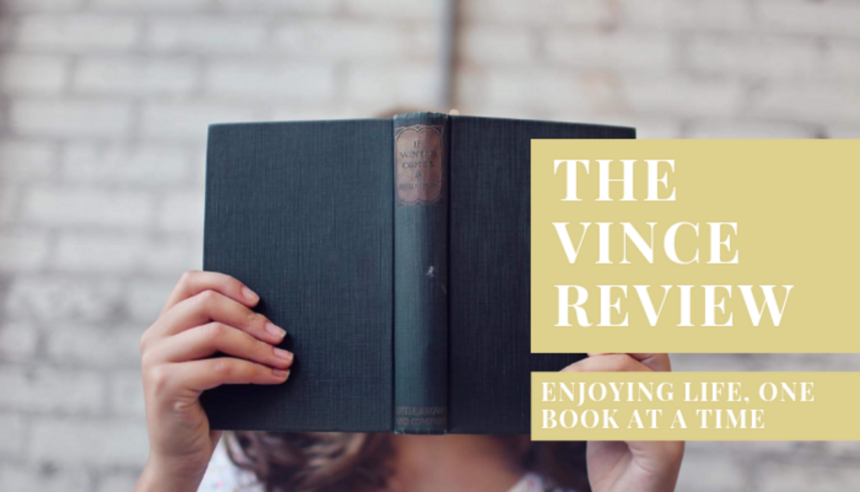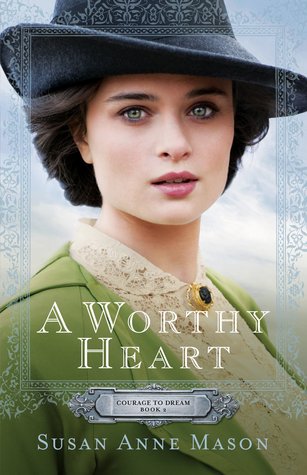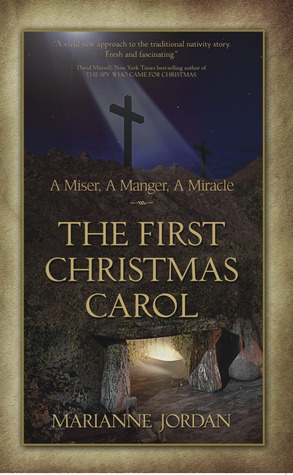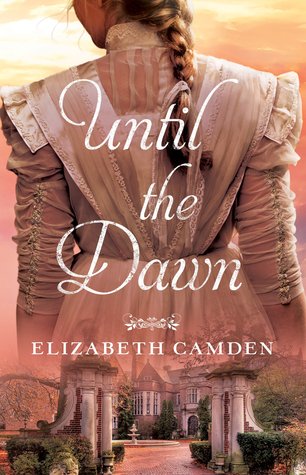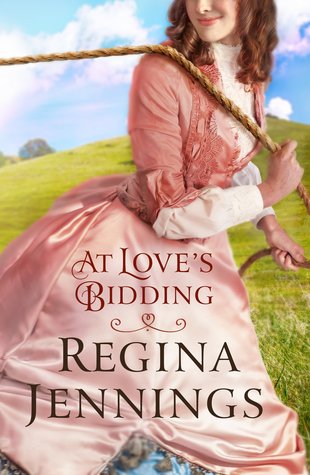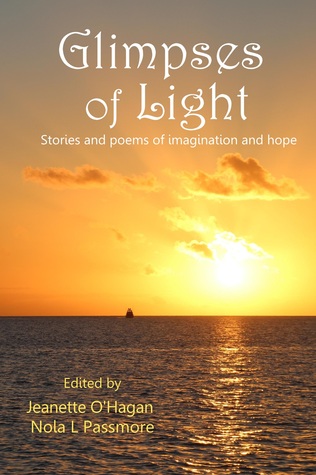
This blog tour was kicked off last week by Nola Passmore, one of the tireless editors of this brand new anthology. You can read her introductory post here. It's my honour to host the second step along the way.
Early this year, submissions were invited for an anthology with the theme of light. I was intrigued and immediately expressed my interest. Then I started pondering the nature of light.
First I thought of the obvious. It's one of those gifts of life we may tend to take for granted, but if it's taken away, as it was during the Egyptian plagues, we realise how much we appreciate and rely on it. Light is essential for health, growth and cell division. That's just a scientific fact, not to mention it's impossible to see without it. If you're blundering around, trying to search for something in the dark, the addition of some sort of artificial, hand-held light is essential for your safety. Even the beam from a candle or torch may help prevent a serious accident, and help you find whatever you're looking for. I appreciated all this, but the question still remained, How am I going to incorporate light into a story or reflection?
Next, I pondered how light extends to the spiritual realm. You may hear somebody state, 'I've come to see the light.' Of course they don't mean the physical light, which surrounds them every day. It's another way of saying that something significant, which was concealed from them, has now been made clear. Wisdom and revelation can serve the same function as physical light, by illuminating what was previously concealed for whatever reason. 'I saw George in a whole new light, and decided to cut him some slack.' That sort of comment, which we hear a lot, expresses the same thing. Where there was previously darkness or misunderstanding, something new has been revealed. That's possibly the crux of this book, using light in all its forms. My own contribution (Moon People) came about as the result of a conversation I had with my husband and kids, which got me probing deeper. If I hadn't been pondering the significance of light, I surely would have overlooked the value of their casual comments.
This book contains contributions from twenty-one authors who have incorporated our personal concepts of light into meaningful pieces of writing. There are works of fiction, including both fantasy and contemporary. Others have written contemplative poems, and thought-provoking creative non-fiction, all shedding light on some aspect of light. Together, we are some of the members of Christian Writers Downunder. Some of us have been writing for a fairly long time and won awards, and others are fresh new voices. And of course, there are stories by the two editors, Nola Passmore and Jeanette O'Hagan, who have worked hard to bring this treat together. We hope you'll consider indulging your curiosity and purchase a copy, as all profits will be donated to Christian Blind Mission Australia, an organisation who helps restore sight to blind people in third world countries.
Next in line in this tour, we'll visit the blog of Jo-Anne Berthelsen, a gracious and prolific communicator, whether through fiction, non-fiction, uplifting reflections, creative non-fiction pieces, or the spoken word. You can visit her here, to get a feeling for her expressive way with words. Her thoughts about this anthology will be shared on Tuesday, January 5th.
Check out the anthology on Goodreads here.
Glimpses of Light Anthology is available here from Amazon in paperback and kindle formats.
Finally, to celebrate the release of Glimpses of Light, I'd like to offer a giveaway of any of my novels to a random commenter. That will be a kindle copy if you are international, or your choice of paperback or kindle if you live in Australia. Please check my Amazon Page to make your choice. (Anyone involved with this anthology in any way, as an author or editor is exempt, the reason being that much as I love these guys, they aren't random :) ) To be eligible, please mention in your comment which of the books you'd like to own. The winner will be chosen by random.org, and announced on this comment thread and the Glimpses of Light facebook page on Tuesday, January 5th, 2016.
